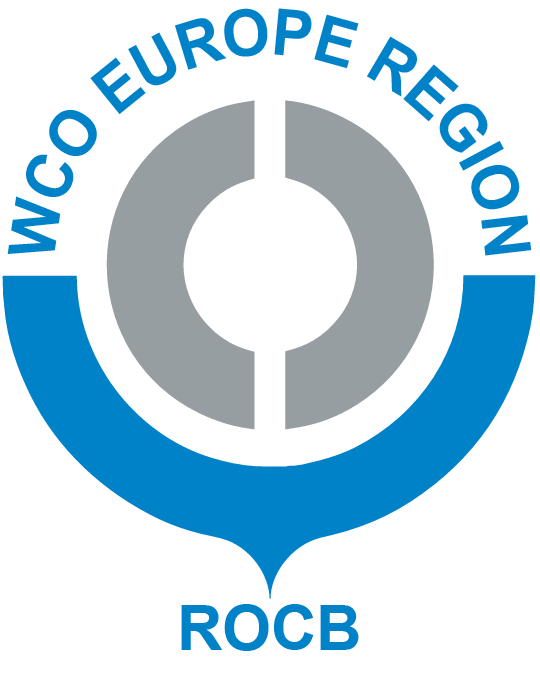Delegation from Turkmenistan and Uzbekistan Visited ROCB Europe to Explore Customs Capacity Building
A high-profile delegation comprising officials from the State Customs Service of Turkmenistan, the Customs Committee under the Ministry of Economy and Finance of the Republic of Uzbekistan, the National Information and Analytical Center for Drug Control under the Cabinet of Ministers of the Republic of Uzbekistan, and the United Nations Office on Drugs and Crime (UNODC) converged at the ROCB Europe. The visit was conducted under the framework of the UNODC-WCO (World Customs Organization) CCP exchange program.
The delegation's visit primarily focused on assessing recent developments in customs capacity building facilitated by ROCB Europe and exploring prospects for future bilateral collaboration in this essential field.
Mr. Antonio Lo Parco, the Director of ROCB Europe, warmly received the delegation and expressed his satisfaction with the growing cooperation. ROCB Europe, as a pivotal customs capacity building center in the WCO Europe Region, plays a crucial role in coordinating activities, identifying common interest issues among its members, and organizing seminars and training sessions to foster growth in customs expertise.
During the delegation's tour of the ROCB Europe's facilities, they took note of the modern building, advanced technical infrastructure, a fully-equipped conference hall, computer labs with workstations, and well-furnished training classrooms. The focus of the tour was not only to understand the existing infrastructure but also to emphasize the importance of creating an optimal environment for effective learning.
During the presentation Mr. Mirhasan Seyidzade, Deputy Director of ROCB Europe, commented, "In the rapidly evolving landscape of information and technology, it is crucial that we continually enhance our training programs. The expectations of the new era necessitate that we train competent and experienced Customs officers. One significant step towards this is the introduction of Virtual Reality Training (VRT) Programs."
He further explained the benefits of VRT, stating, "Virtual Reality technology offers an innovative and interactive approach to learning, making it more engaging and effective for Customs officers. VRT provides a realistic way to understand and engage with the subject matter, offering an enriched learning experience compared to traditional methods. By effectively integrating virtual reality into our training programs, Customs officers not only acquire knowledge more efficiently but also have the opportunity to apply their learning to real-life situations."
The visit and discussions between the delegation and ROCB Europe officials underscore the commitment to enhancing customs capacity and the integration of cutting-edge technologies to ensure that Customs officers are equipped with the skills and knowledge needed to meet the challenges of the modern era.
The meeting marked an important step in strengthening regional and international cooperation, and it paves the way for future collaboration between the represented countries and ROCB Europe in the field of customs capacity building.



